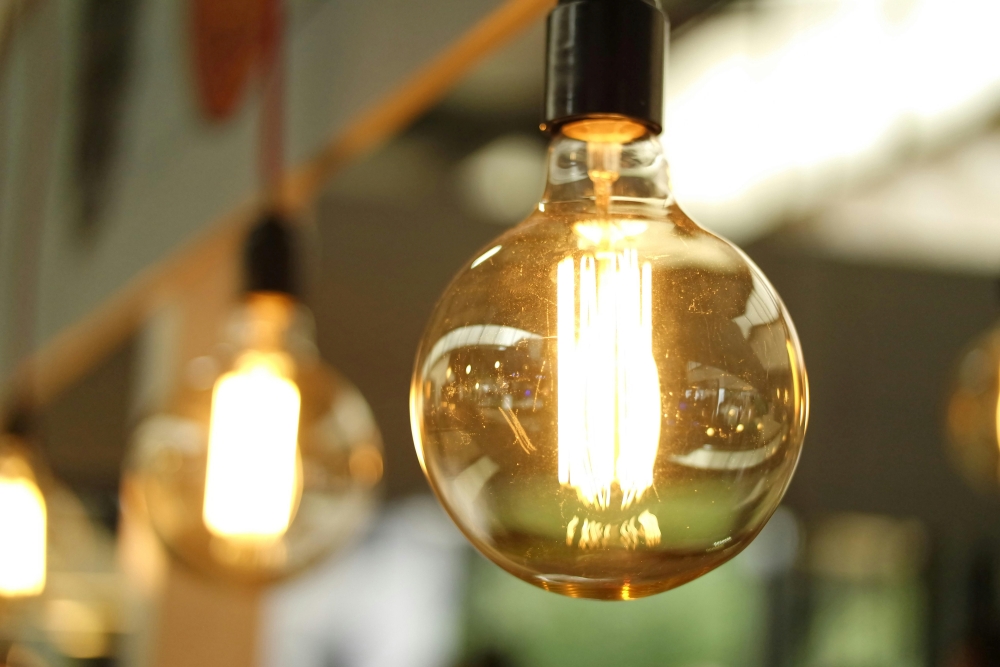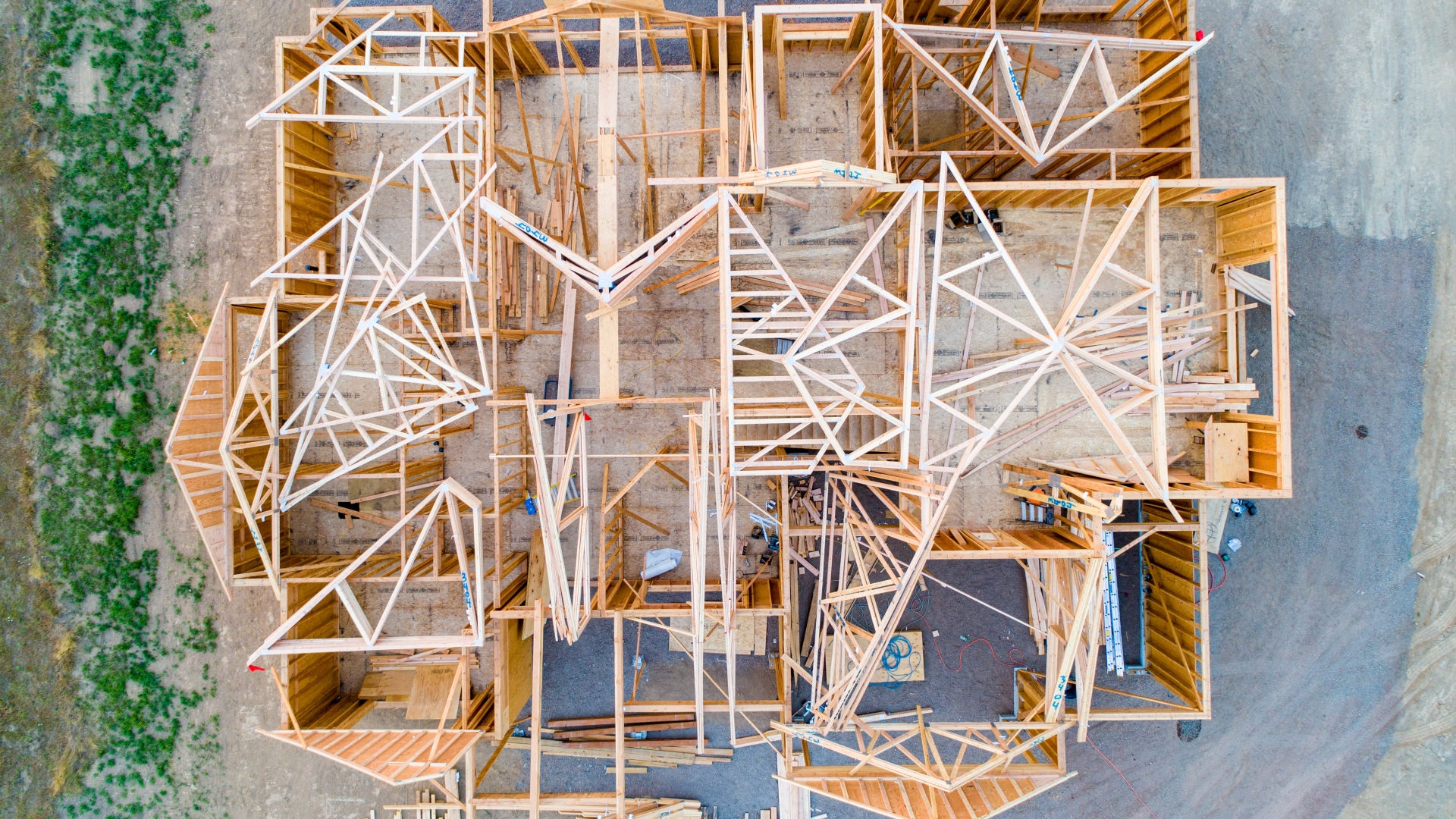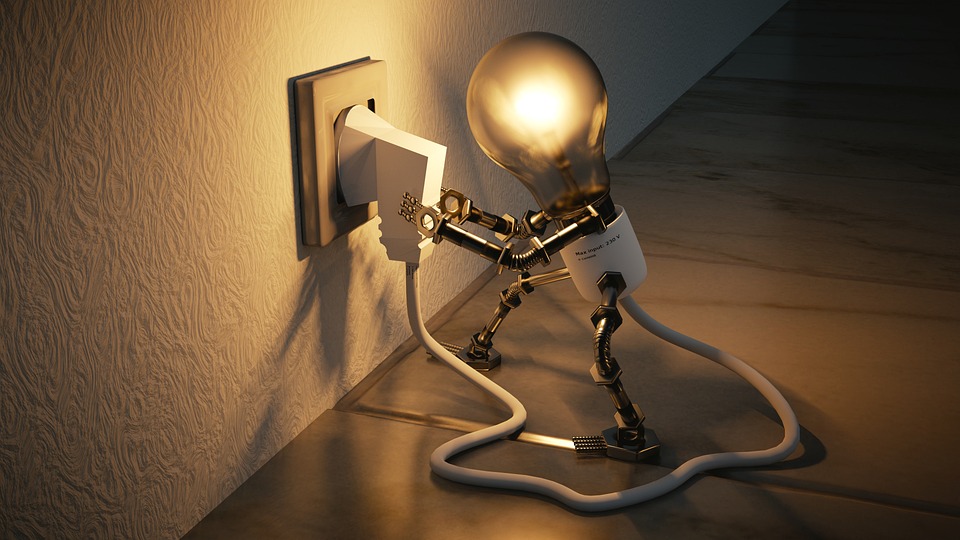When it comes to dangers in the home, your electrics are one of the most important factors to consider. Not only does electricity pose a real risk of death due to electric shock, but it can also cause fires, making for many different risks to be aware of to keep you and your family safe at all times.
In this short article, you’ll learn four key rules that govern electrical safety in the house.
 Image Credit: Pexels
Image Credit: Pexels
1. Check Your Cords and Plugs
Most households have dozens of cords and plugs to connect a variety of common household electrical appliances, and it’s important to remember that these parts are subject to wear and tear.
Wires can quite easily fray, exposing bare wires, and less commonly but still possible is that the plastic moulds of a plug can chip and expose electrically conducting metal. Not only can both of these issues present a risk for electric shock, but they can also increase the risk of an appliance overheating.
Replace any damaged cords or plugs immediately – don’t simply try and patch them up with tape for a quick fix!
2. Remember Not to Overload Your Outlets
Another key aspect of keeping safe is to remember not to overload your outlets. Using extension bricks or power strips and filling them up with multiple plugs – and then more extension blocks on top of them for more connections – is a fire waiting to happen.
If you need more plug sockets to power your equipment, it’s important to have a reputable electrician come and install some more outlets to share the load evenly.
3. Keep Water and Electricity as Separated as Possible
Everyone knows that electricity and water don’t mix – it’s a fundamental life lesson all kids are taught growing up.
That said, it’s easy for the problem to crop up without your realising; even a small amount of water coming into contact with an electrical appliance can result in danger, so you need to be vigilant.
Make sure you never touch anything electrical with wet hands, and keep all electrical equipment away from sinks, baths, and toilets.
4. Call in the Pros for Electrical Work
Finally, never attempt any electrical work yourself. While many aspects of home renovation and repair can be done with a DIY approach, electrics isn’t one of them. Even if you think you know what you’re doing, it’s all too easy to make a mistake, so always call in a professional – even for the small jobs like changing a light fitting.
These sorts of jobs won’t cost much, and the peace of mind you have that they’ve been completed to a professional standard will be more than worth it.
Wrapping Up
When it comes to electricity, setting some fundamental ground rules is crucial. Hopefully, this article has helped reiterate what’s important, so that you can put the necessary steps in place to protect your family from any potential danger.
In following only these few simple pointers, you’ll be covered for the most common electrical safety concerns.











